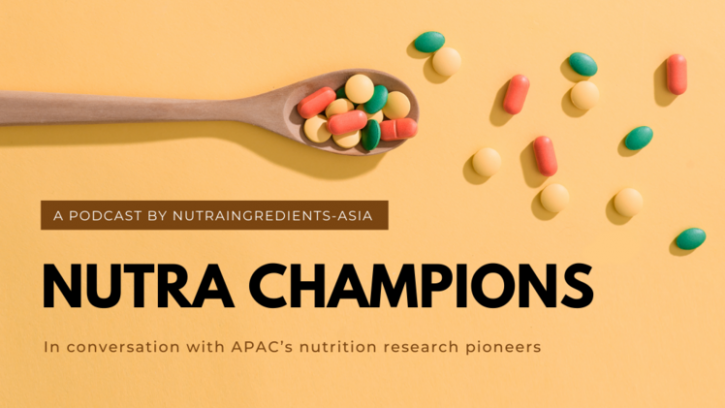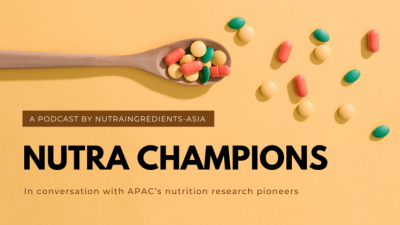Nutrachampion podcast
‘Very much conservative’: How India’s regulatory approach can pose innovation problems – Ex-FSSAI director

That’s the view of Pradip Chakraborty, a former director at the Food Safety and Standards Authority of India (FSSAI).
India did not have a set of regulations dedicated to the nutraceuticals category only until year 2016.
Last year, revisions were made to the 2016 regulations, which culminated into the FSS (Health Supplements, Nutraceuticals, Food for Special Dietary Use, Food for Special Medical Purpose and Prebiotic and Probiotic Food) Regulations, 2022.
Prior to 2016, The FSSAI used to issue the No Objection Certificate (NOC), based on section 22 of the FSSAI Act 2006, to companies which were importing or manufacturing nutraceuticals locally.
Recounting the regulatory changes in the past seven years, Chakraborty, who was also involved in the drafting of the 2016 regulations, said that the regulator has adopted a “very much conservative” approach throughout the years.
For example, the 2016 regulations required all imported nutraceutical products and ingredients to be supported by at least 30 years of safety data in the country of origin and 15 years of safety data in India.
This regulation has been made void in the 2022 regulations, except for botanicals, which are still required to follow this rule.
More recently in October 2023, the FSSAI reiterated that S-Adenosyl-L-Methionine (SAMe) has not been considered as “food” and that the applications for the approval of it as health supplements, food for special medical purposes (FSMP) or Food for Special Dietary Uses (FSDU) have been rejected.
This is a stark contrast to the US, where SAMe is allowed as a dietary supplement ingredient, said Chakraborty.
Asked if this meant that the FSSAI takes a stricter approach than regulators elsewhere, Chakraborty, who was with the FSSAI between 2012 and 2016, said that the FSSAI was considered more conservative than strict.
“I will say that the FSSAI is very much conservative. [For example], the RDA (recommended dietary allowance) is much lesser [than overseas], and they do not allow a lot of ingredients and products which are available in the overseas markets.
“It is not considered a very strict regulatory agency, because the infrastructure is not that strong. Because India has 30 states, all the states have their own enforcement structure, and the enforcement structure in India is not the same in all the states.
“[In this sense], it is not considered as a very strict regulatory agency, but they are restrictive on new products, which is problematic for the importers as well as the domestic manufacturers,” he said.
For new ingredient and products, he pointed out that the FSSAI would be interested in risk analysis, safety, and efficacy studies, as well as the regulatory status of that ingredient or product overseas.
Currently the director to local firm Ishaanav Nutraceuticals, he has managed to get new ingredients approved in India. An example is Hintosulin, a bark extract from the plant Hintonia latiflora and used in Germany for blood glucose control in individuals with type II diabetes.
Asked the key concerns that FSSAI has when designing or reviewing nutraceutical related policies, he highlighted product purity, authenticity, and curbing misleading advertising as the top priorities.
Listen to the podcast to find out more.



















